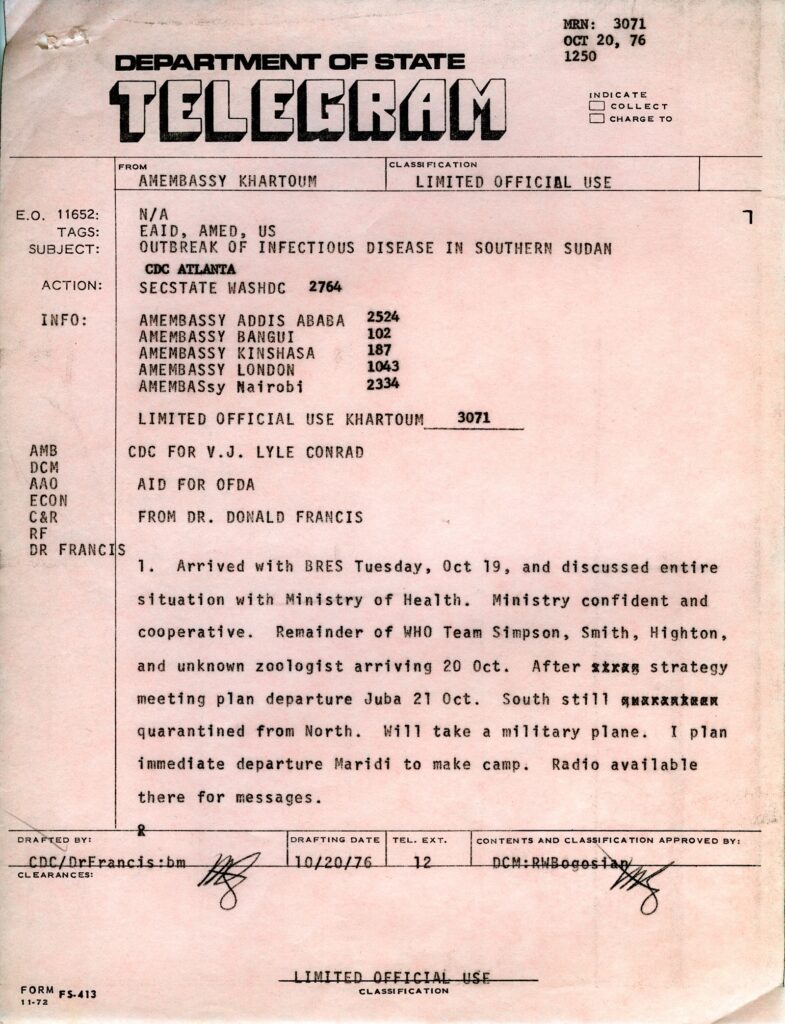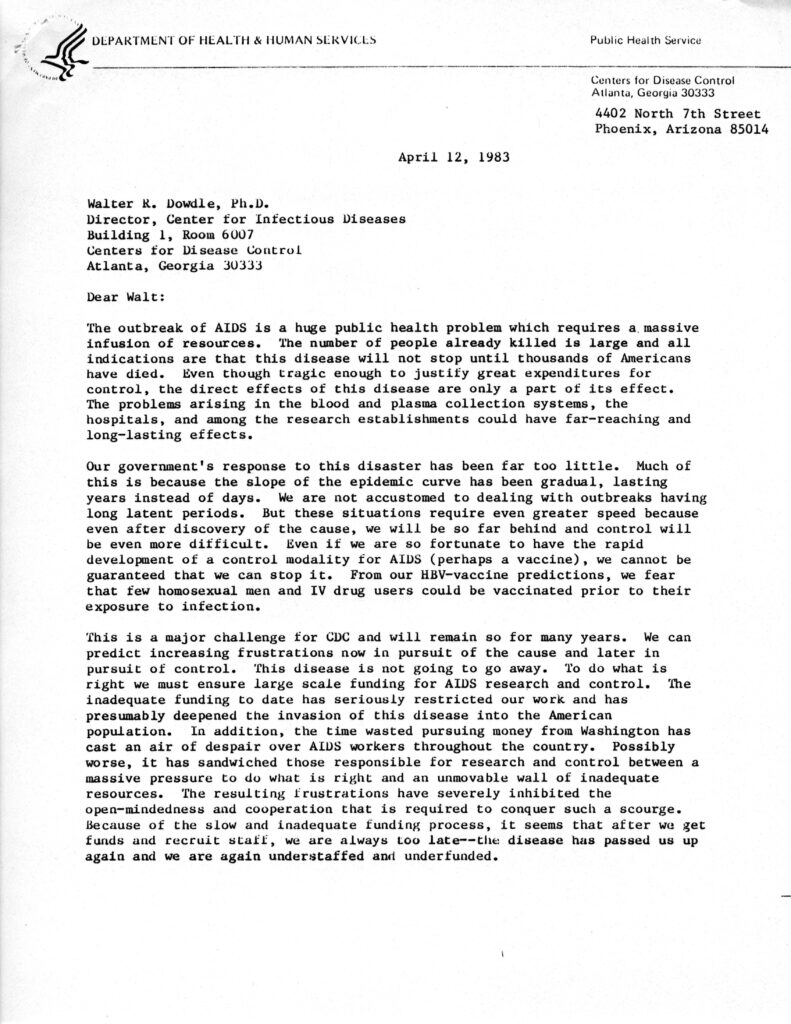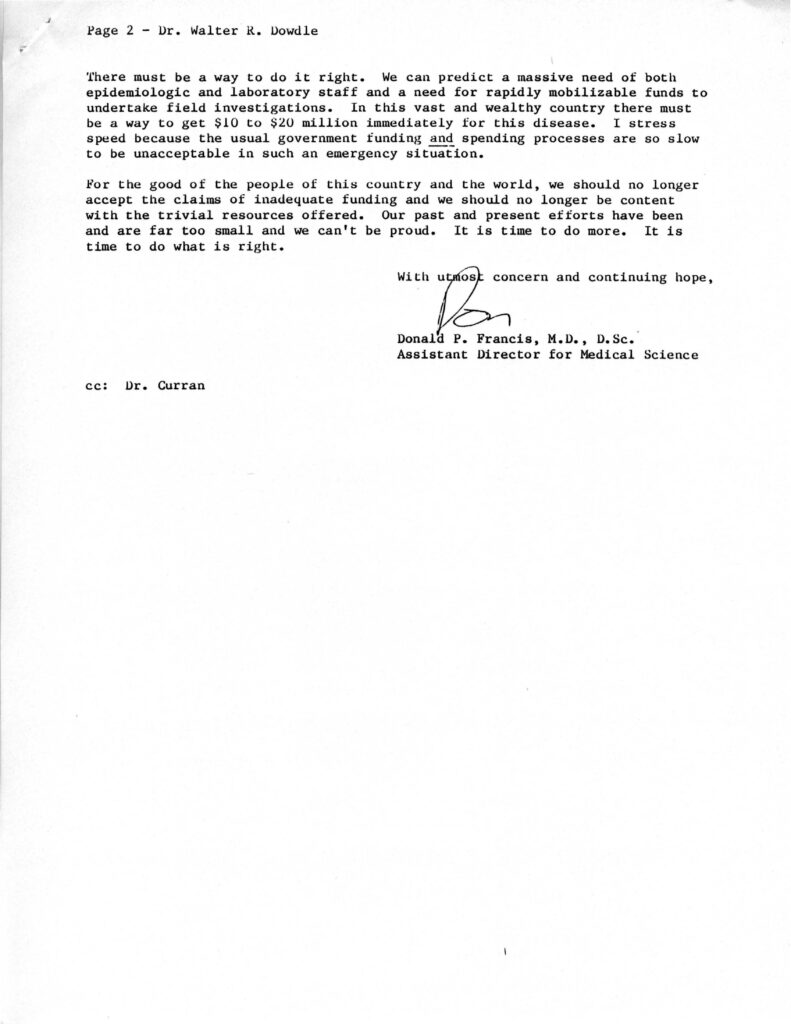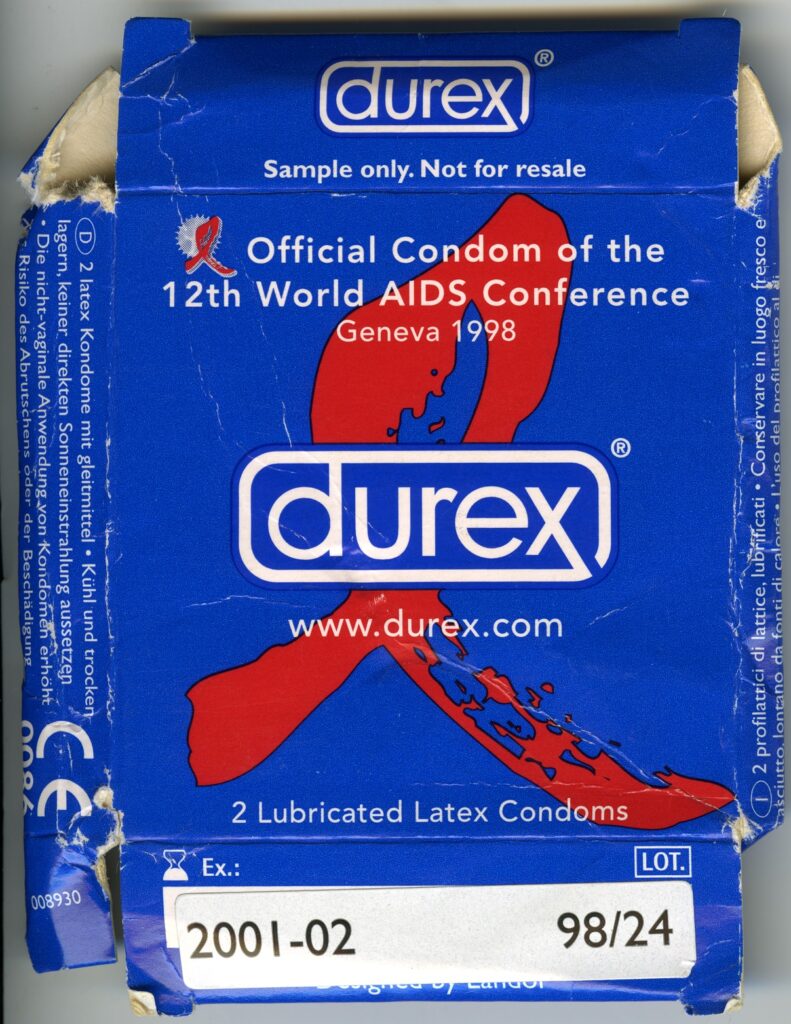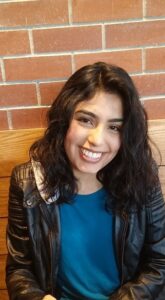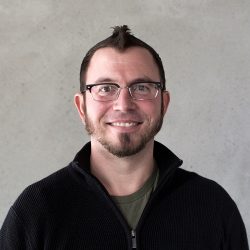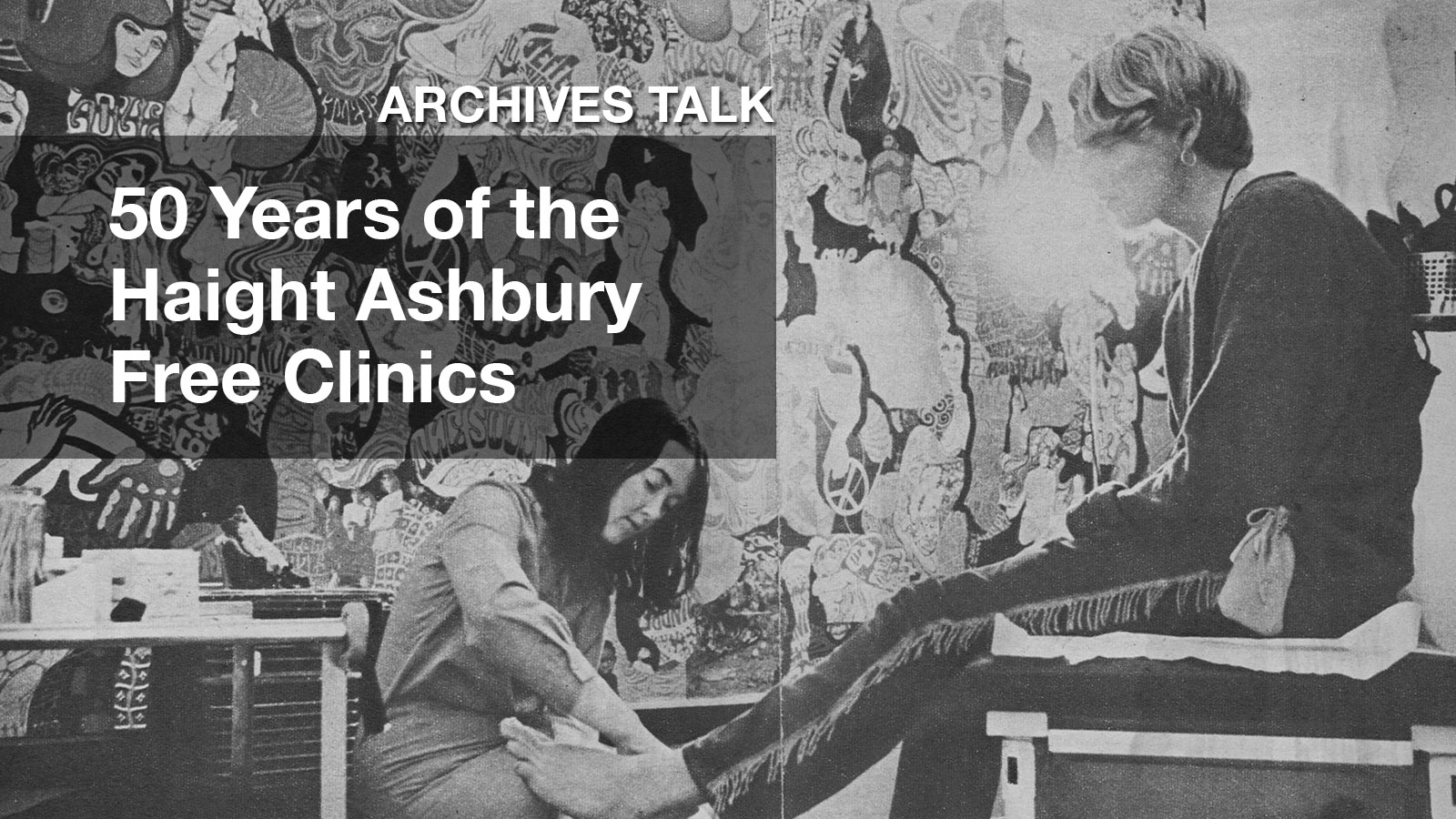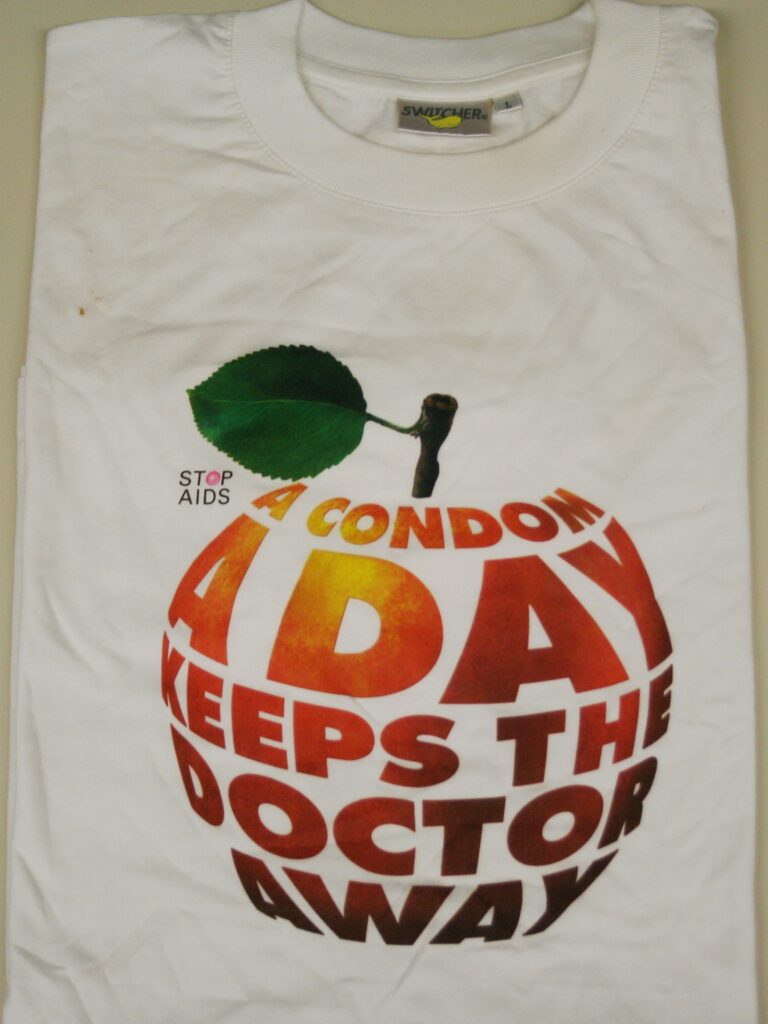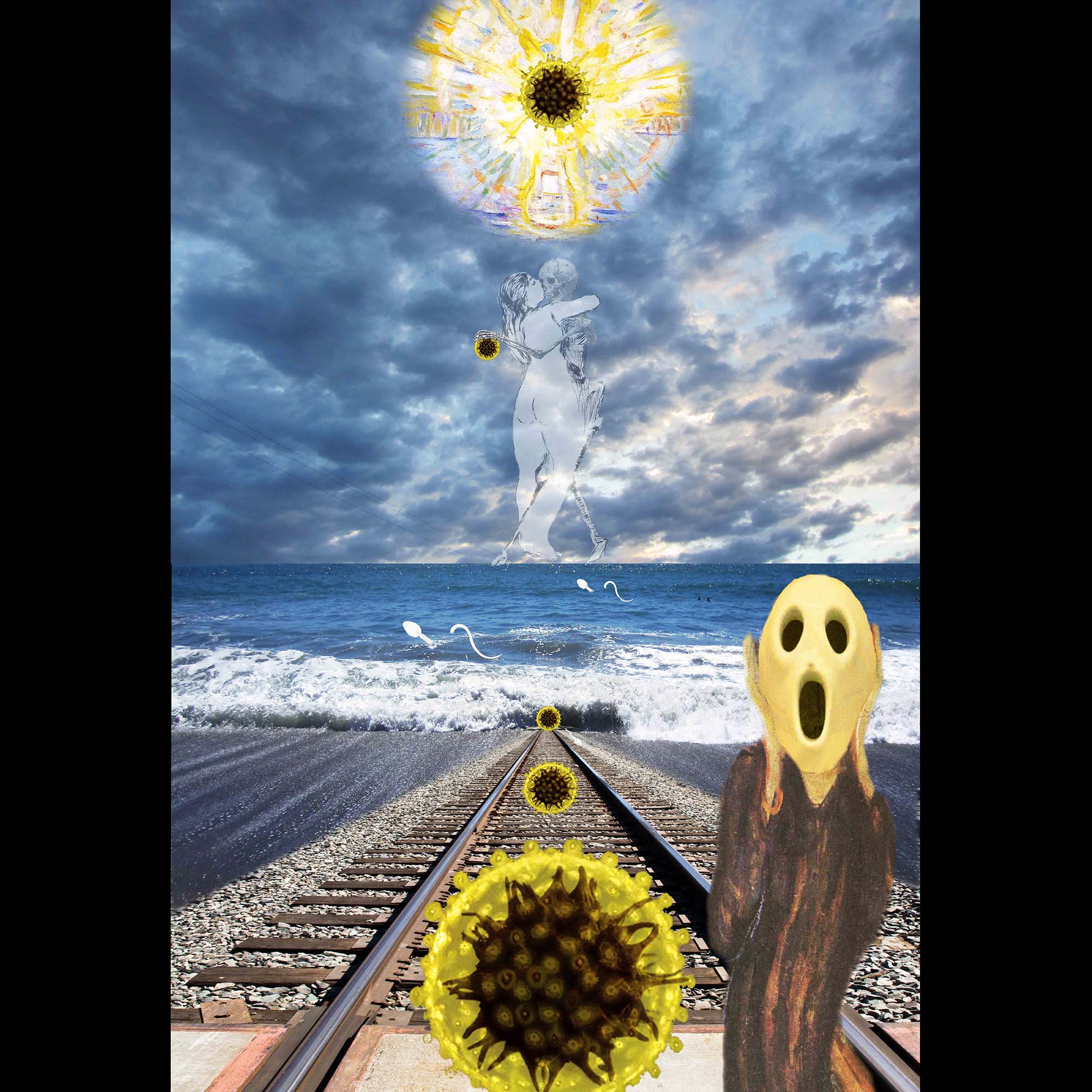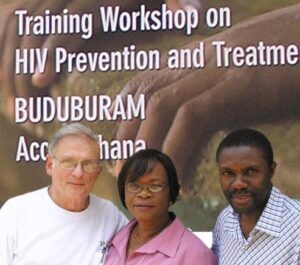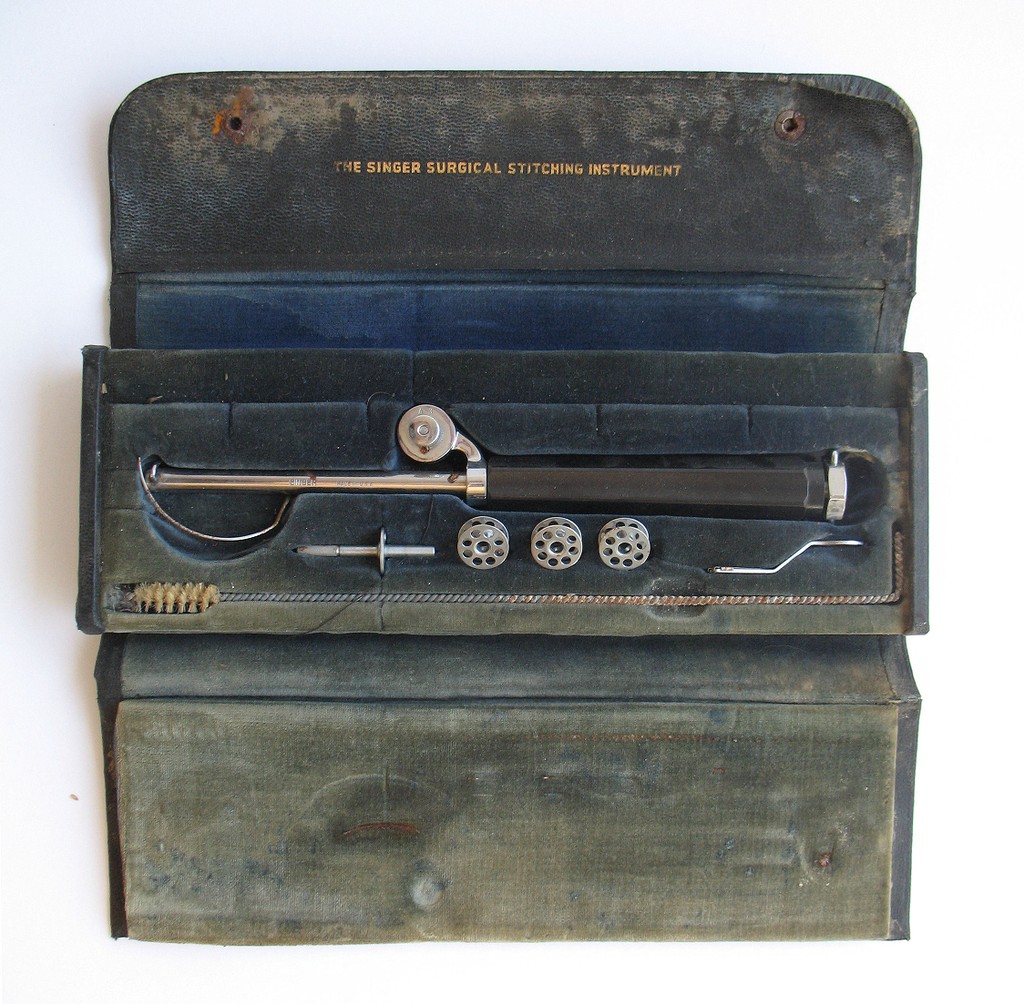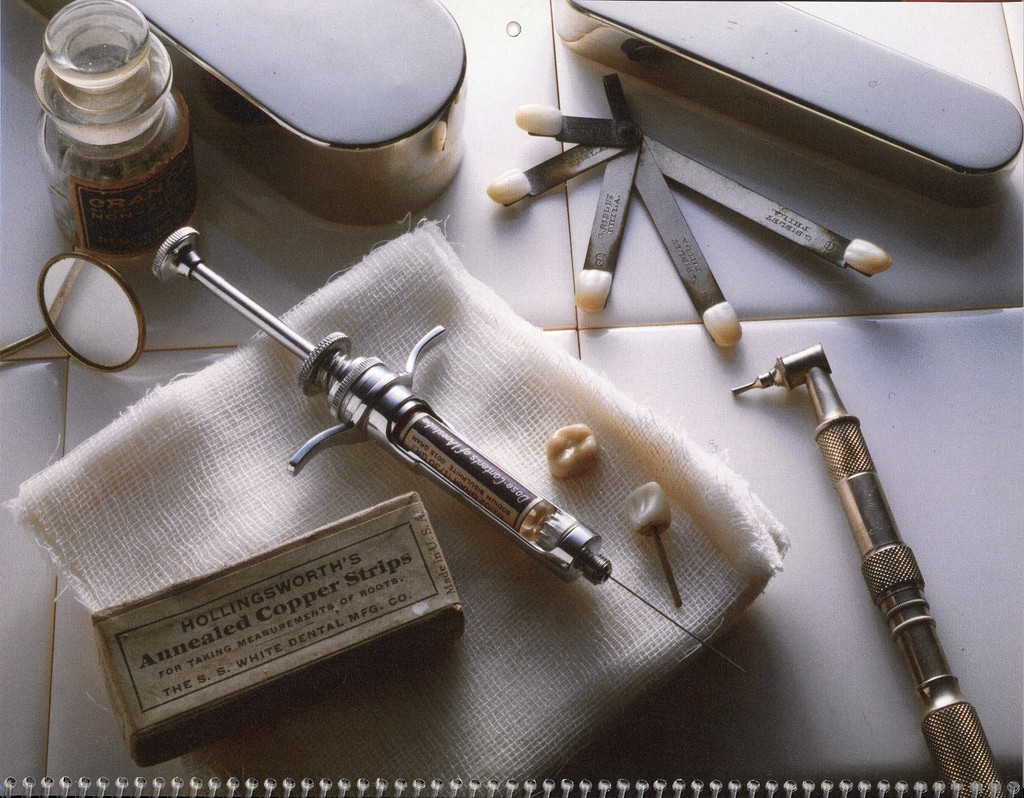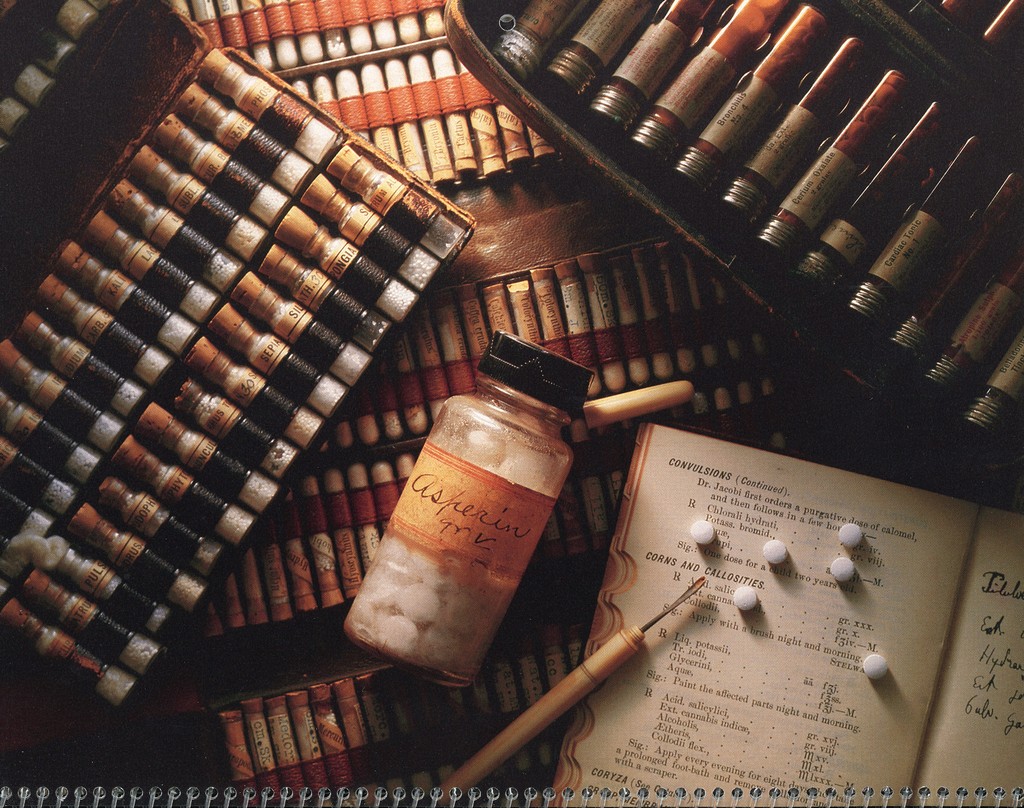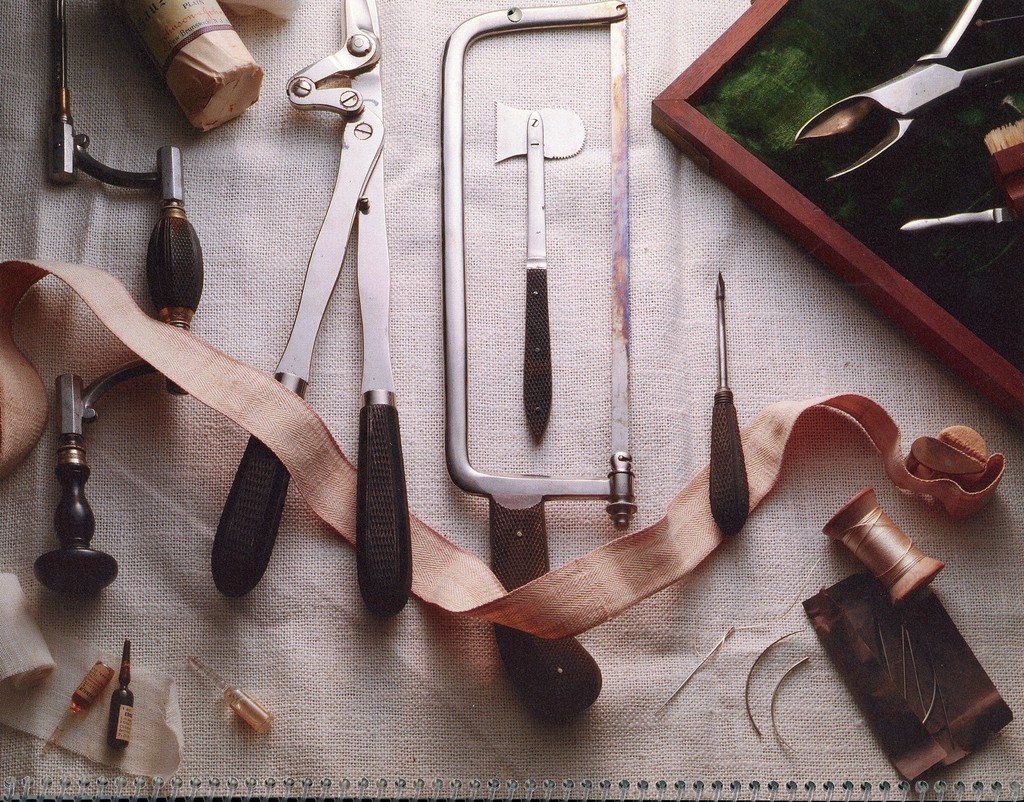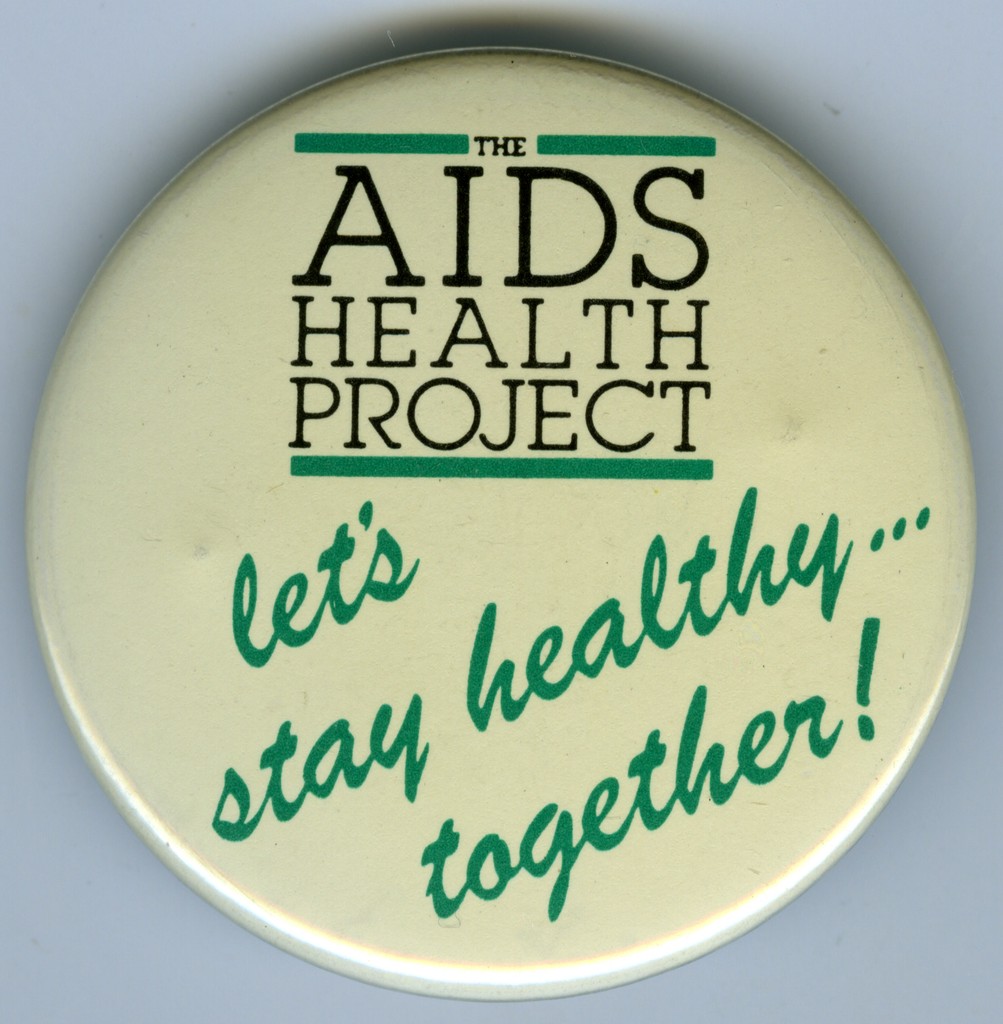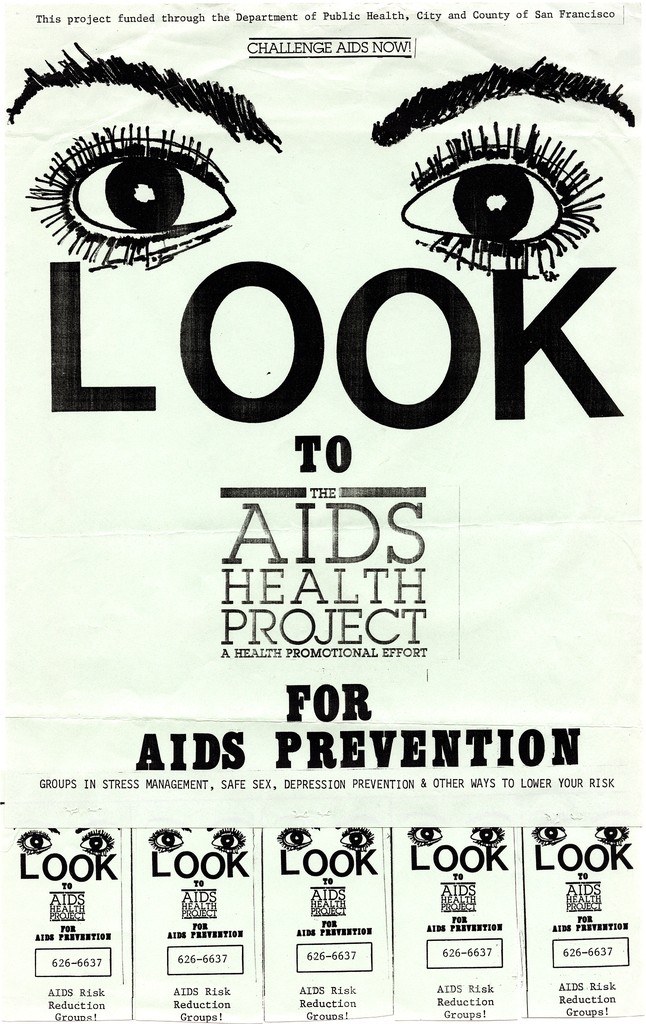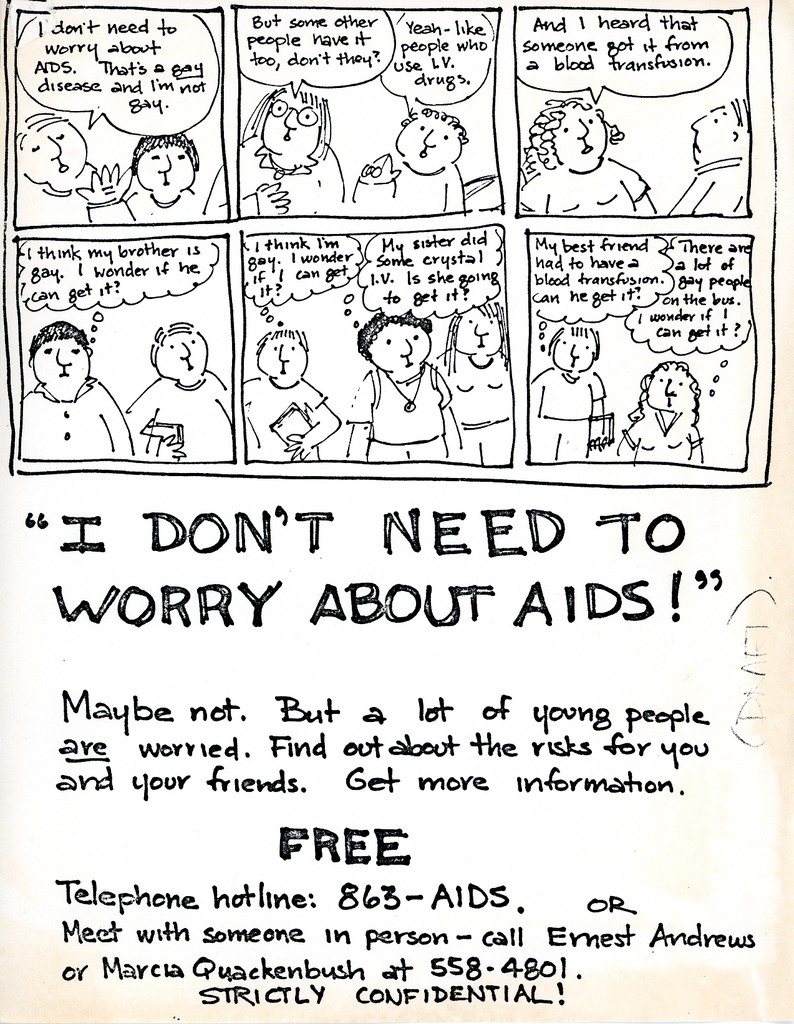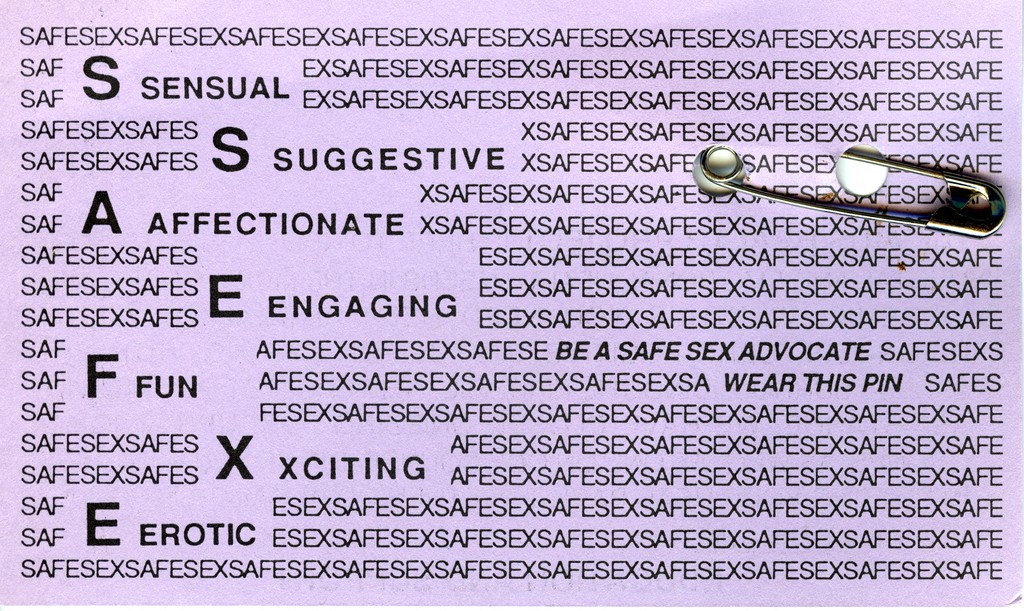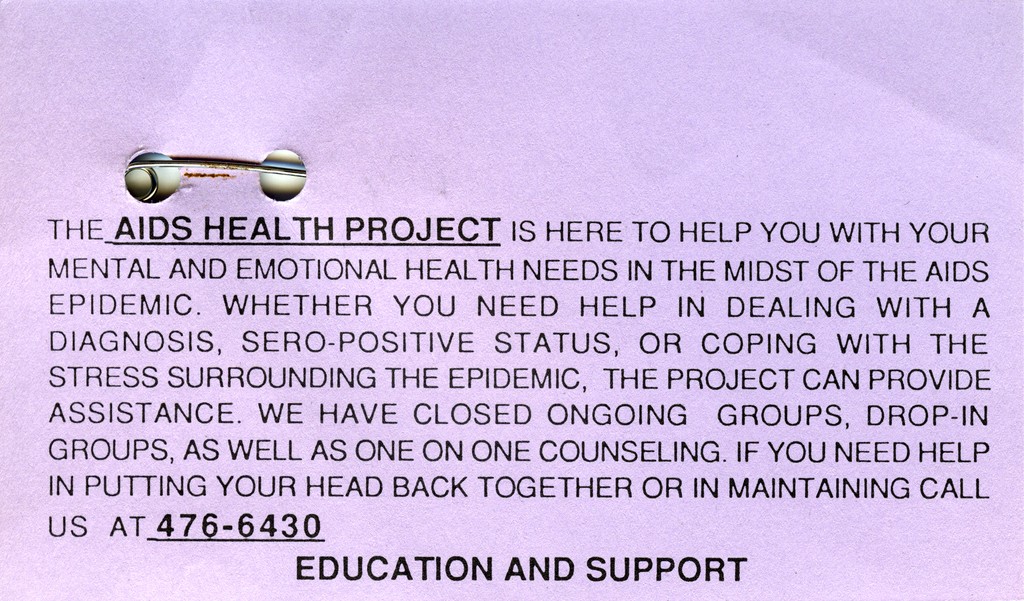This is a guest post by Edith Martinez, UCSF Archives Volunteer.
Volunteering at the UCSF Archives has been a great learning experience. I have been able to help with the NHPRC grant project, Evolution of San Francisco’s Response to a Public Health Crisis: Providing Access to New AIDS History Collections, an expansion of the AIDS History Project.
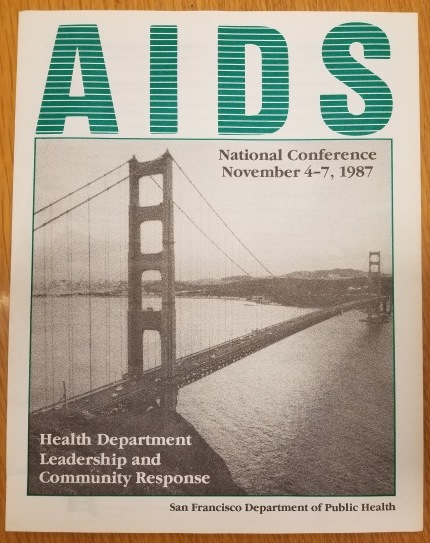
AIDS National Conference booklet, 1987. ATN records, MSS 94-28.
I have specifically been working on material from AIDS Treatment News, a biweekly newsletter started by John James in 1986 that reports on experimental and conventional treatments for HIV/AIDS and related conditions. ATN articles are based on information that James gathered from meetings, conferences, interviews, publications, and correspondence.
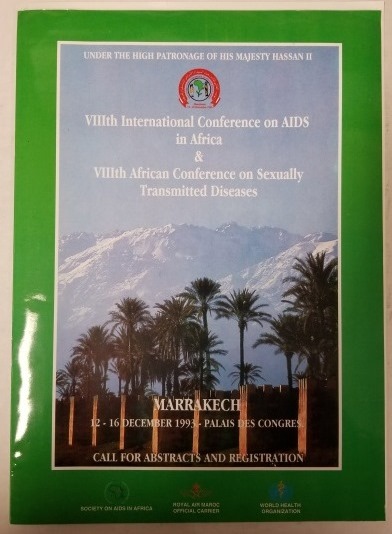
VIIIth International Conference on AIDS in Africa and VIIIth African Conference on Sexually Transmitted Diseases, 1993. ATN records, MSS 94-28.
Working on this collection I realized that it is a lot of work organizing and processing. I’ve also learned more about the history of AIDS and found some really interesting items that I thought were fascinating. John James attended many conferences and saved many of the booklets from these conferences. The booklets for the VIIIth International Conference on AIDS in Africa and the AIDS National Conference in San Francisco are just some examples. Looking through these booklets and reading about the talks and workshops listed in each, one can see how AIDS prevention and treatment has progressed and changed over the years. It’s a true learning experience, and working on this collection has really helped me better understand AIDS history and archival work.
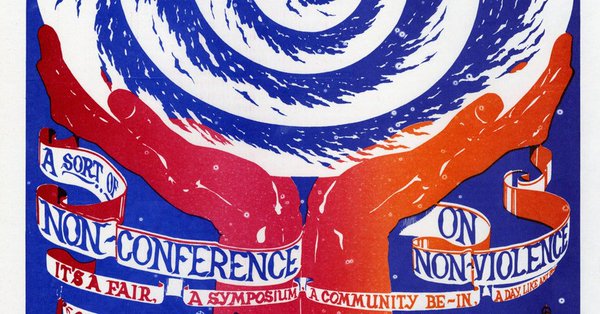


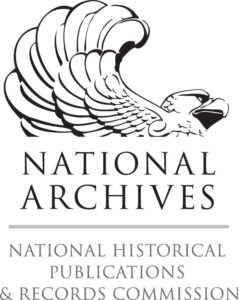 We’re highlighting the new
We’re highlighting the new 
